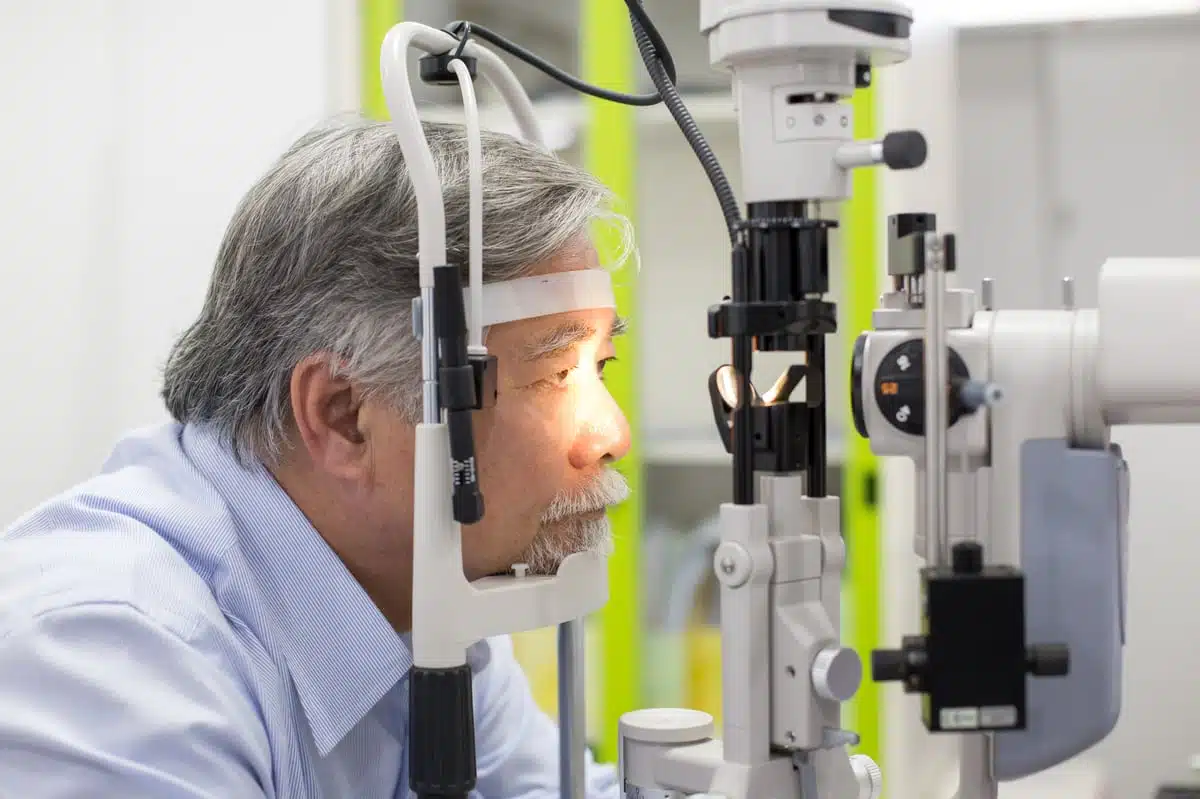<
div id=””>In Las Vegas, “Menopause: The Musical” has become a popular show where audiences gather to enjoy 90 minutes of singing about topics that were once taboo, such as hot flashes and weight gain.
According to producers Kathi and Alan Glist, when the show first premiered over two decades ago, menopause was a hushed topic known as the ‘silent passage’ due to the stigma and shame associated with it at the time.
Symptoms like hot flashes and mood swings usually begin during perimenopause, the period leading up to menopause. Many women are unaware of what to expect during this phase.
<figcaption class="embed__caption-container"><span class="embed__caption">"Menopause: The Musical" celebrates "the change."</span>
<span class="embed__credit">
CBS News
</span>
</figcaption></figure>Aiming to demystify menopause, Dr. Sharon Malone, an OB-GYN and author, has written a book titled <a target="_blank" href="https://www.penguinrandomhouse.com/books/722319/grown-woman-talk-by-sharon-malone-md/" rel="nofollow noopener">"Grown Woman Talk: Your Guide to Getting and Staying Healthy"</a> (Crown). She emphasizes that many women are unaware of when perimenopause or menopausal transition begins.
Menopause symptoms can be managed with treatments like hormone replacement therapy (HRT), which replenishes the body with estrogen that it may lack. However, the use of HRT faced significant backlash following a study’s findings in 2002 that linked hormone therapy to an increased risk of breast cancer.
Despite the negative portrayal of HRT, further examination of the study revealed that the risk of breast cancer from hormone therapy is minimal for most women. Additionally, for younger women, HRT can reduce the risk of cardiovascular disease.
The misinformation surrounding the risks led many women to discontinue hormone therapy. This shift in perception not only impacted menopause treatments but also deterred focus and funding from women’s health issues at large.
<figcaption class="embed__caption-container"><span class="embed__caption"/>
<span class="embed__credit">
Crown
</span>
</figcaption></figure>Fortunately, there is a shift occurring in how menopause is perceived and addressed. Legislation focusing on menopause education and treatment is progressing, with President Biden recently authorizing funds for women's health research, including menopause studies.
The conversation around menopause is evolving as women come together to openly discuss their experiences. Events like “Menopause Mondays” in San Diego offer a platform for women to share knowledge and support each other through this stage of life.
FAQs
What is perimenopause?
Perimenopause refers to the period before menopause when women start experiencing symptoms like hot flashes and mood swings as their bodies prepare for the transition into menopause.
What is hormone replacement therapy (HRT)?
HRT involves replenishing the body with estrogen through medication to manage menopausal symptoms like hot flashes, night sweats, and mood swings.
What are the risks associated with hormone replacement therapy?
While HRT was previously linked to an increased risk of breast cancer in a study, further analysis showed that the risk is minimal for most women, and HRT can even reduce the risk of cardiovascular disease in younger women.
How is the conversation around menopause changing?
There is a growing awareness and openness about menopause, with initiatives focused on educating women, advocating for better treatments, and increasing research funding for menopause and women’s health in general.
Menopause is a natural phase in a woman’s life that is often misunderstood. Ellen Dolgen, a leading figure in raising awareness about menopause, hosts gatherings known as Menopause Mondays. These events provide a platform for women to share experiences and information about menopause, which Dolgen humorously refers to as “that day when your ovaries have retired.”
Many women are unaware of perimenopause, often mistaking its symptoms for general life challenges. Symptoms like insomnia, brain fog, and fatigue are sometimes dismissed as regular stressors. Dolgen, who organizes Menopause Mondays across multiple cities, believes that menopause is gaining prominence. She sees it as a trendy topic, confidently declaring, “I’m wearing my menopause right now, and I think I’m pretty chic!”
Contrary to popular belief, ignorance and suffering related to menopause are becoming outdated notions. Dr. Malone emphasizes the inevitability of menopause for women with ovaries. She stresses that while menopause itself cannot be avoided, suffering through it is not necessary.
The conversation around women’s health is evolving, challenging the notion that women must endure suffering silently. Dr. Malone questions why women feel guilty about prioritizing their well-being and quality of life. It is crucial for women to recognize that it is acceptable to seek relief and feel better during the menopausal transition.
In a society where women are often conditioned to prioritize others over themselves, advocating for one’s health and happiness should be embraced without guilt. It is time to shift the narrative and empower women to prioritize self-care and well-being during menopause.
FAQs
What is menopause?
Menopause is a natural biological process that marks the end of menstruation and fertility in women. It typically occurs in the late 40s to early 50s.
What are the symptoms of perimenopause?
Perimenopause is the transitional phase before menopause. Common symptoms include irregular periods, hot flashes, mood swings, and sleep disturbances.
How can women manage menopausal symptoms?
Women can manage menopausal symptoms through lifestyle changes, hormone therapy, and alternative treatments like acupuncture or herbal remedies. Consulting with a healthcare provider is essential for personalized treatment options.
Why is it important for women to prioritize self-care during menopause?
Prioritizing self-care during menopause is crucial for maintaining physical and emotional well-being. By acknowledging their needs and seeking support, women can navigate this life phase with greater resilience and vitality.








